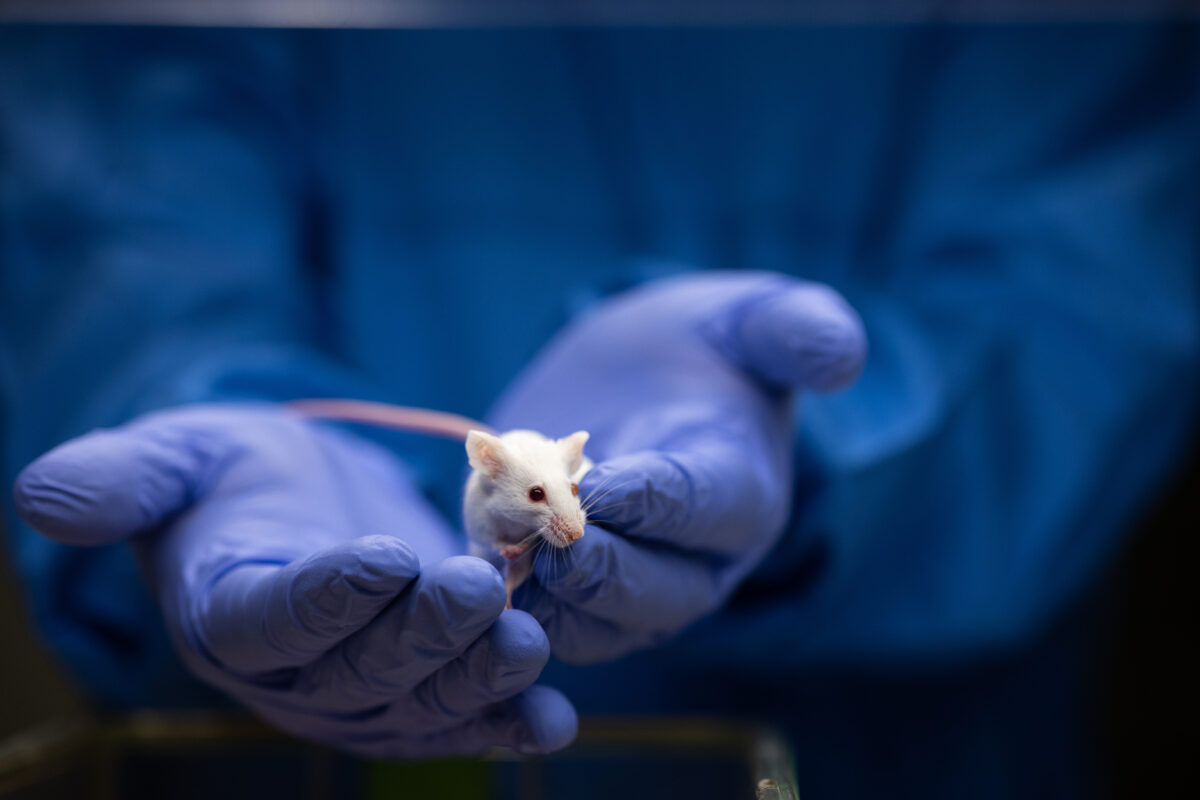
Bioethics Is Not a “Moral Tradition”
Public-advocacy-focused secular bioethics is largely progressive politics covered with a veneer of expertise. While there are certainly university courses and degrees in the field, no bioethicist is licensed as such. Indeed, the entire discourse is purely subjective. It is driven mostly by philosophers, professors, doctors, and lawyers who opine about a particular set of issues, your faithful correspondent included.
But now, members of the tribe apparently want to pretend that secular bioethics has become such a deeply ingrained part of our societal bedrock that it qualifies as a moral tradition. From, “Bioethics as an Emerging Moral Tradition and Some Implications for Adversarial Cooperation,” published in the influential Journal of Medical Ethics (citations omitted):
In a forthcoming book titled The Emerging Tradition of Secular Bioethics,…we focus on whether the field of bioethics in the pluralistic and increasingly polarised American context can give justified moral guidance in foundational, clinical, research and public health domains. We argue against a proceduralistic account of bioethics that limits the field to analysing moral problems and clarifying key concepts but never offering substantive moral guidance. We also reject an Enlightenment account of bioethics based on universal, neutral and abstract rational standards and moral first principles that are undeniable by any reasonable person and that can (in theory) eliminate all fundamental moral disagreements. Rather, we argue that while once naming a discourse through which various historically embedded moral traditions could discuss ethical challenges, bioethics is now an emerging content-full moral tradition in its own right.
Notice that the entire premise excludes the moral influence of religion — which is a much deeper tradition with a far longer history — even though one of the founding fathers of bioethics was the great Christian theologian Paul Ramsey. Moreover, some of the most vibrant minds arguing against contemporary mainstream views — such as the astute Catholic bioethicist Charles Camosy (among many others) — would seem, by definition, to be excluded from the supposed “moral tradition” because their principles are profoundly influenced by faith. (For those who would applaud, please recall that eugenics was a progressive secular policy resisted most vociferously by the Catholic Church.)
Read More ›


